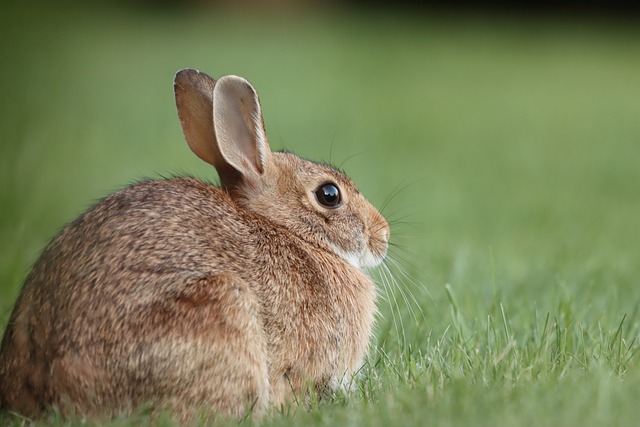How to Choose the Right Pet Food for Your Rabbit
Choosing the right pet food for your rabbit can be a daunting task, especially with all the options available in the market. With so many types of food to choose from, it’s easy to get confused and make the wrong choice for your furry friend. In this article, we’ll provide you with a comprehensive guide on how to choose the right pet food for your rabbit.
Understand Your Rabbit’s Nutritional Needs
Before choosing a pet food for your rabbit, it’s essential to understand their nutritional needs. Rabbits are herbivores and require a diet rich in fiber, protein, and minerals. They have specific requirements for calcium, phosphorus, and other nutrients that can affect their overall health.
Key Nutrients for Rabbits
* High-quality protein sources: Alfalfa, timothy hay, and legumes like lentils and chickpeas are excellent protein sources for rabbits.
* Fiber: Timothy hay, alfalfa hay, and high-fiber pellets are essential for maintaining a healthy digestive system.
* Calcium and phosphorus: These minerals are crucial for maintaining strong bones and teeth. A balanced ratio of calcium to phosphorus is necessary to prevent metabolic bone disease.
* Vitamins and minerals: Rabbits require vitamins A, D, E, K, and B-complex, as well as minerals like potassium, sodium, and magnesium.
Types of Rabbit Food
There are several types of rabbit food available in the market, including:
* Timothy hay-based pellets
* Alfalfa-based pellets
* High-fiber pellets
* Fresh vegetables and fruits
* Hay-based mixes
Each type of food has its pros and cons. For example, timothy hay-based pellets are easy to digest but may be low in protein. Alfalfa-based pellets are high in protein but can be too rich for some rabbits.
Factors to Consider When Choosing a Rabbit Food
When choosing a rabbit food, consider the following factors:
* Quality of ingredients: Look for foods with named protein sources like alfalfa or timothy hay.
* Ingredient list: Avoid foods with fillers like corn, wheat, and soy.
* Calorie content: Rabbits require a moderate calorie diet. Choose foods with balanced calorie content to prevent obesity.
* Moisture content: Foods with high moisture content can cause digestive issues in rabbits.
How to Introduce New Food to Your Rabbit
Introducing new food to your rabbit can be challenging. Here are some tips to help you introduce new food safely:
* Start with small amounts: Gradually introduce new food into your rabbit’s diet to prevent digestive upset.
* Monitor your rabbit’s behavior: Watch for signs of stress or discomfort, such as hiding or refusing to eat.
* Offer a variety of foods: Rotate different types of food to ensure your rabbit gets a balanced diet.

